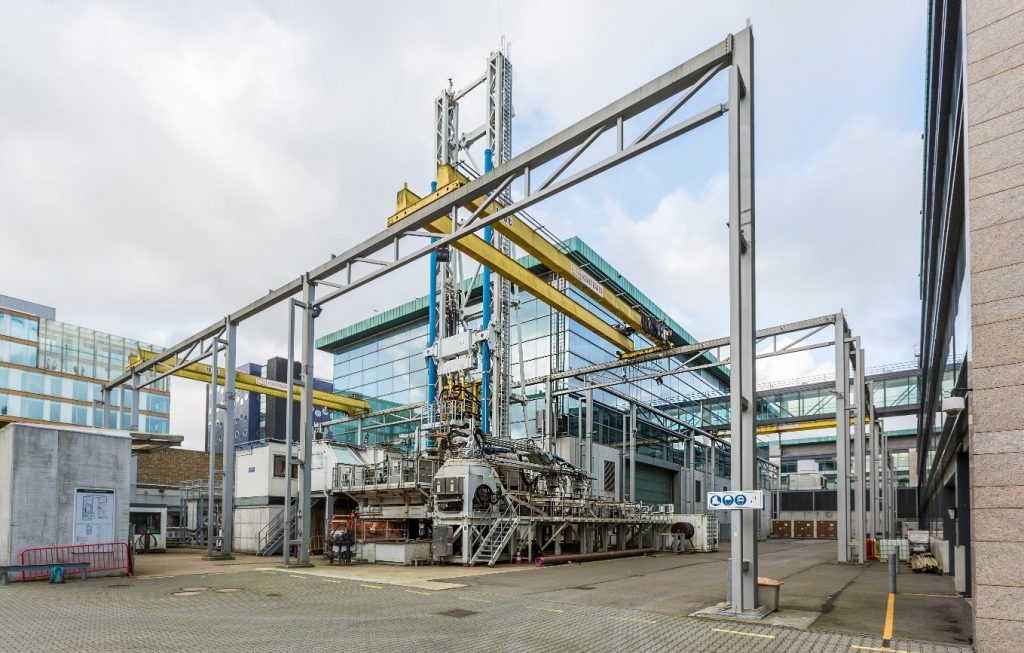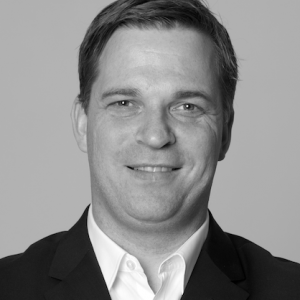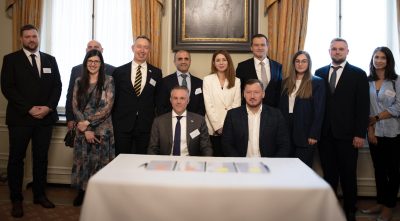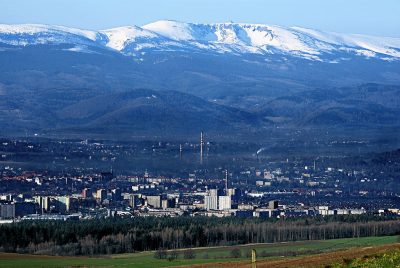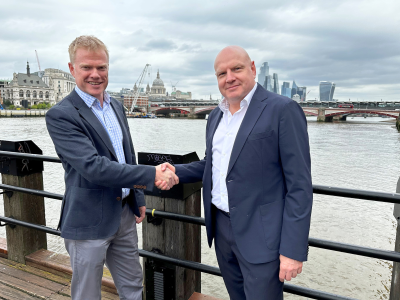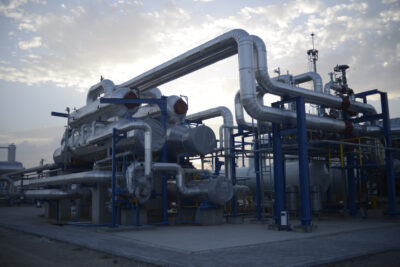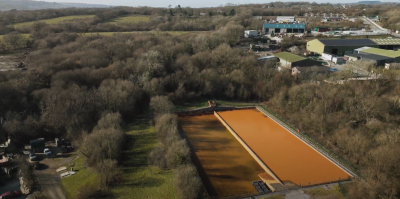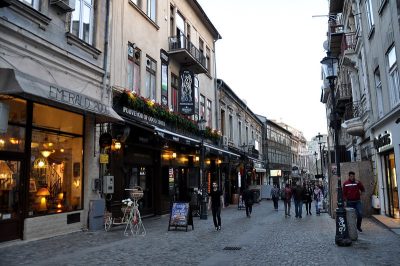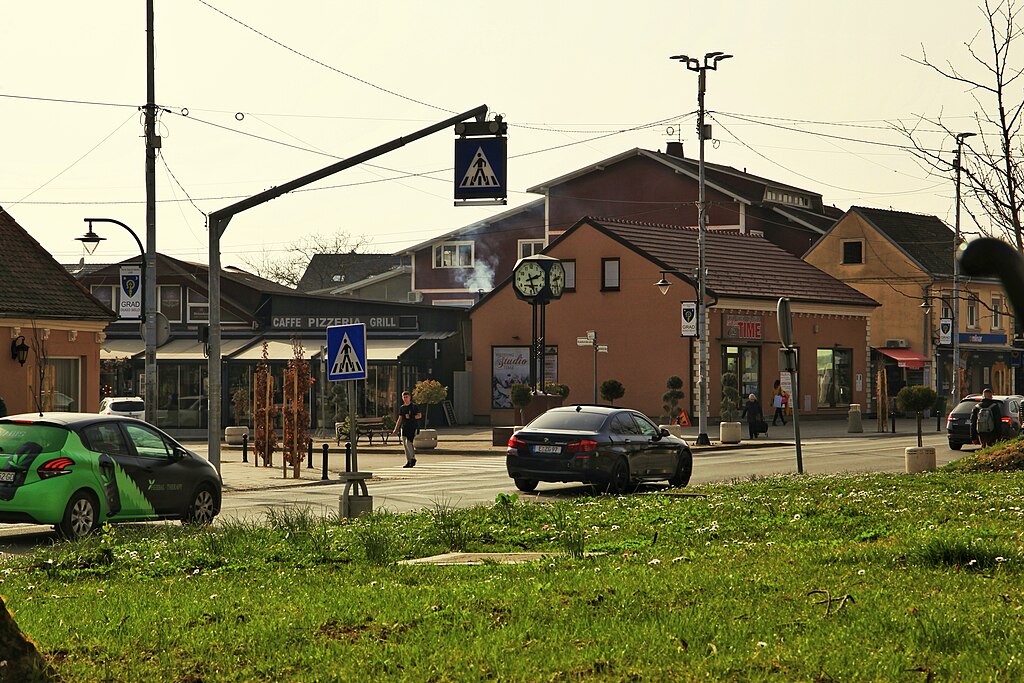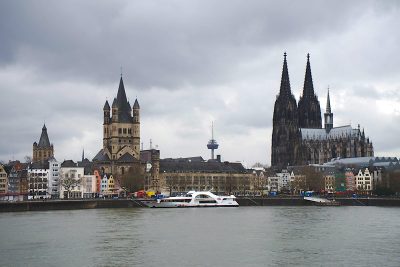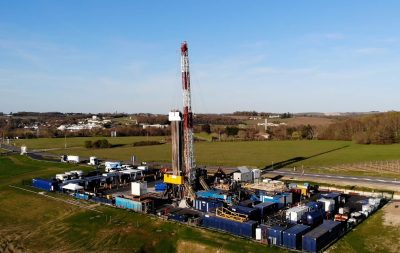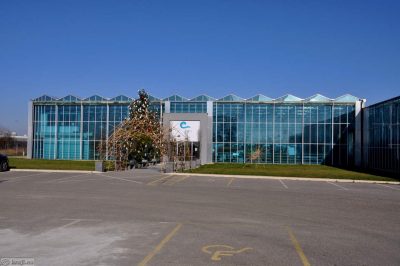Full-scale testing of geothermal projects in Rijswijk, NL
Opened in March 2020, the Rijswijk laboratory in the Netherlands allows unique research and experiments on drilling and materials for geothermal development.
Geothermal energy is the future. But that future has yet to be explored. A unique laboratory in the field of geothermal energy has been active in Rijswijk since March 2020, we have been reporting. A recent article by Warmtenetwork (Heat Network for the Energy Transition) in the Netherlands, shares details on the work of the laboratory in an interview with Frank van Bergen, Project Manager at the lab.
The expectations regarding geothermal energy are high. This subterranean source of sustainable energy can, according to many, play a key role in the energy transition. Geothermal energy is expected to cover approximately 25 percent, or 200 petajoules, of the total heat demand in the Netherlands by 2050. The Netherlands currently produces 3.5 petajoules of geothermal energy per year.
Much remains to be done before that happens. Drilling techniques can be more efficient. Cost-effectiveness could be better. Safety and support deserve further attention. In order to map out and answer all these questions, and thus accelerate the development of geothermal energy, the Ministry of Economic Affairs and Climate, Energy Management Netherlands, the Province of South Holland, the municipality of Rijswijk and TNO have set up the Rijswijk Center in 2020. for Sustainable Geo-Energy (RCSG) was established. These initiators recently committed themselves to the center again until 2024.
Advanced laboratory
In the RCSG, companies active in the field of geothermal energy can use an advanced laboratory. It houses twenty installations that cover all aspects of underground drilling. Almost all underground conditions in the Netherlands can be simulated. New drilling techniques and materials can also be tried out. In Rijswijk there is a large drilling rig above an almost 400 meter deep well. There are hydraulic presses of 300 and 400 tons, pressure vessels up to 1,000 bar, and there are various pipe systems in which liquids can be pumped and tested.
“We are conducting experiments in the subsurface here on a large, lifelike scale with drilling and deep wells,” says Dr. Frank van Bergen, program manager. “And although geothermal energy is paramount, we also look further. For example, we are investigating the possibilities of underground storage of heat, CO2 and hydrogen. You can rely on the RCSG for everything that involves drilling. ”
A significant change
The RCSG is located in the former Shell research lab at the Kessler Park in Rijswijk. While Shell mainly researched the extraction of fossil minerals such as oil and gas, now it primarily concerns sustainable energy sources. A significant change, says Van Bergen. “We consciously want to be an open innovation laboratory for all parties who are committed to accelerating the transition to a sustainable energy system. We focus strongly on innovation, on solutions for existing and new questions. We also want to bring those innovations to the market more quickly. Innovation will make it possible to reduce costs and deploy geothermal energy more quickly in the Netherlands. ”
The RCSG was put on track over the past year. It is still just a little too early to report concrete research results: the installations have been prepared for various studies, including into pressure and temperature at great depth, various types of drilling techniques, fluid behavior, pressure build-up and heat loss. However, everything is already going on.
Van Bergen: “A concrete example is a research project in which we are looking at whether we can replace cement in and around the well with natural materials. We are also fully testing new drilling techniques. ”
A unique combination
The great thing is that through the RCSG, companies can use modern facilities that would otherwise be difficult or impossible to access, due to the high investments. Anyone who wants to experiment with new drilling techniques and materials can go here, possibly also in collaboration with other companies and knowledge institutions. The Netherlands has something unique in house with this research center. There are similar centers in Italy, Singapore and the US, but ‘Rijswijk’ is unique because of the special combination of facilities.
Van Bergen: “The combination of your own deep research well, your own drilling platform and laboratory and all possible test facilities is something you don’t see anywhere else.” The field lab is therefore expressly looking across the Dutch border. “We also focus on the international market and have international ambitions.”
What about the heat companies? Have they already found their way to Rijswijk?
Van Bergen: “We are in talks. Our goal is to explicitly establish links with the heating sector. For example, I am involved in heat storage, which can be a bridge to those companies. ” He expects that certain innovations will appeal strongly to the interest of heat companies, such as the system integration of heat networks with geothermal and solar thermal and heat storage. “Innovations in the choice of materials and other source concepts are also very promising.”
The geothermal industry is a relatively young sector. But it is a sector that is developing strongly and has a great future, said Sandor Gaastra (director-general of the Ministry of Economic Affairs and Climate) at the official opening of the RCSG on March 5, 2020. “An accessible opportunity to experiment with new techniques and materials offers an opportunity to accelerate that development considerably. ” This accessibility is at least as important as the innovations. The RCSG is currently also working on a new information and education center, partly aimed at a wider audience.
Source: Warmtenetwork
